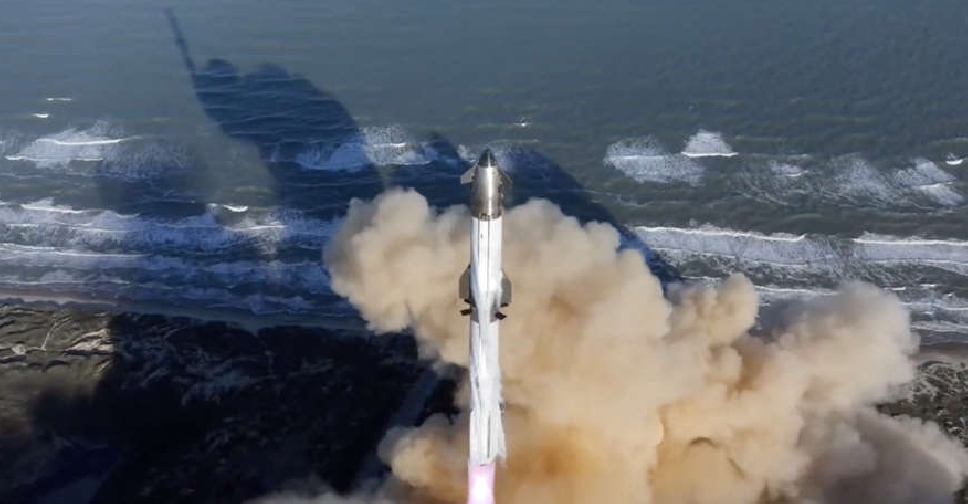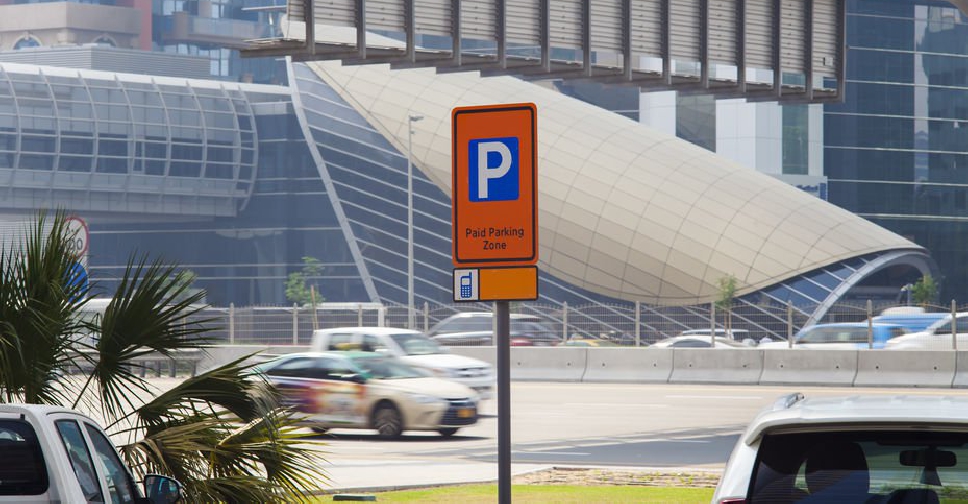
A SpaceX Starship rocket broke up in space minutes after launching from Texas on Thursday, forcing airline flights over the Gulf of Mexico to alter course to avoid falling debris and setting back Elon Musk's flagship rocket programme.
SpaceX mission control lost contact with the newly upgraded Starship, carrying its first test payload of mock satellites but no crew, eight minutes after liftoff from its South Texas rocket facilities at 5:38 p.m. EST (2238 GMT).
Video shot by Reuters showed orange balls of light streaking across the sky over the Haitian capital of Port-au-Prince, leaving trails of smoke behind.
"We did lose all communications with the ship - that is essentially telling us we had an anomaly with the upper stage," SpaceX Communications Manager Dan Huot said, confirming minutes later that the ship was lost.
The last time a Starship upper stage failed was in March last year, as it was reentering Earth's atmosphere over the Indian Ocean, but rarely has a SpaceX mishap caused widespread disruptions to air traffic.
Dozens of commercial flights diverted to other airports or altered course to avoid potential debris, according to flight tracking website FlightRadar24. Departures from airports in Miami and Fort Lauderdale, Florida, were also delayed by about 45 minutes, it added.
The Federal Aviation Administration, which regulates private launch activities, said it had briefly slowed and diverted planes around the area where space debris was falling, but normal operations had since resumed.
The FAA regularly closes airspace for space launches and re-entries, but it can create a "debris response area" to prevent aircraft from entering if the space vehicle experiences an anomaly outside the originally closed zone.
SpaceX CEO Musk posted a video on X showing the debris field and said: "Success is uncertain, but entertainment is guaranteed!"
The failure came a day after Blue Origin, billionaire Amazon founder Jeff Bezos' space company, successfully launched its giant New Glenn rocket into orbit for the first time.
The Starship upper stage, 2 metres taller than previous versions, was a "new generation ship with significant upgrades," SpaceX said in a mission description prior to the test. It was due to make a controlled splashdown in the Indian Ocean roughly an hour after its launch from Texas.
Musk said a preliminary assessment of the failure showed an internal leak of liquid oxygen fuel built up pressure and led to the rocket's breakup.
 Bomb kills at least one person in luxury Moscow apartment
Bomb kills at least one person in luxury Moscow apartment
 Car bomb kills 15 in northern Syria
Car bomb kills 15 in northern Syria
 Trump says Americans may feel pain in trade war
Trump says Americans may feel pain in trade war
 Israeli forces destroy 20 buildings in West Bank refugee camp
Israeli forces destroy 20 buildings in West Bank refugee camp
 Rubio tells Panama to end China's influence of canal or face US action
Rubio tells Panama to end China's influence of canal or face US action




